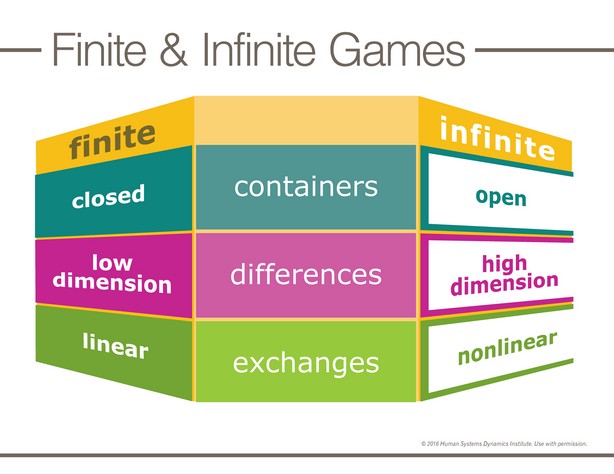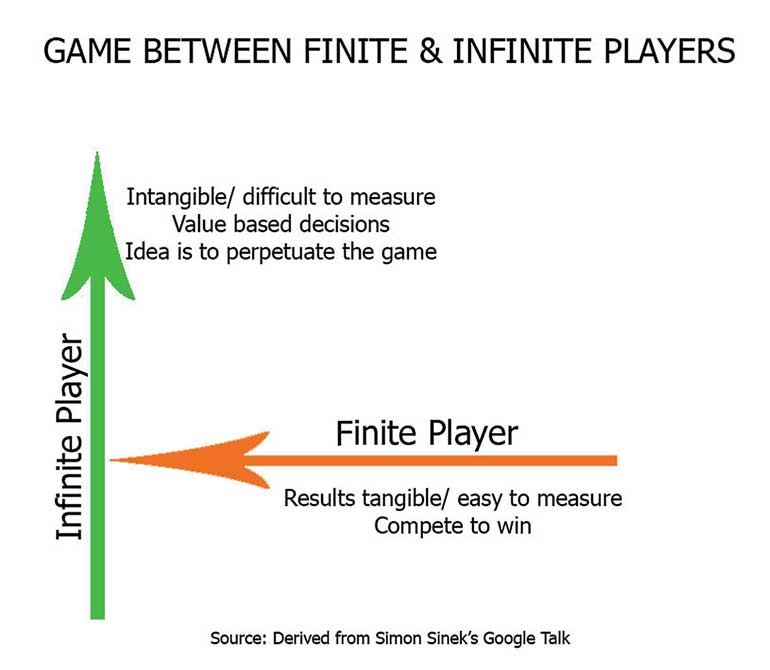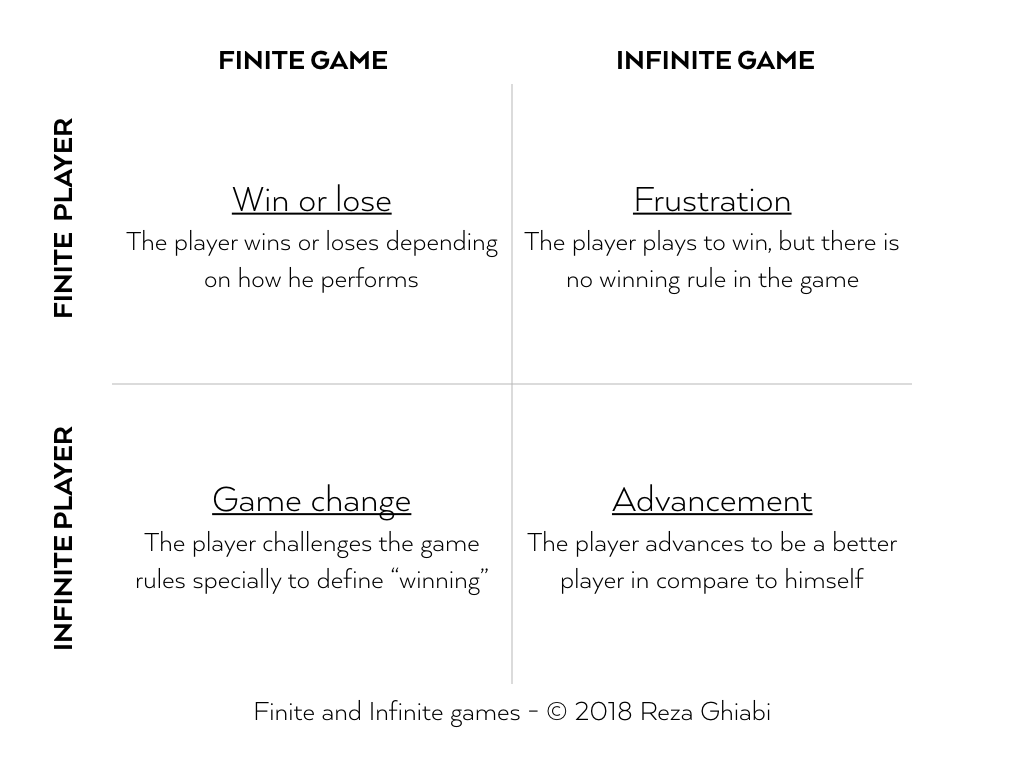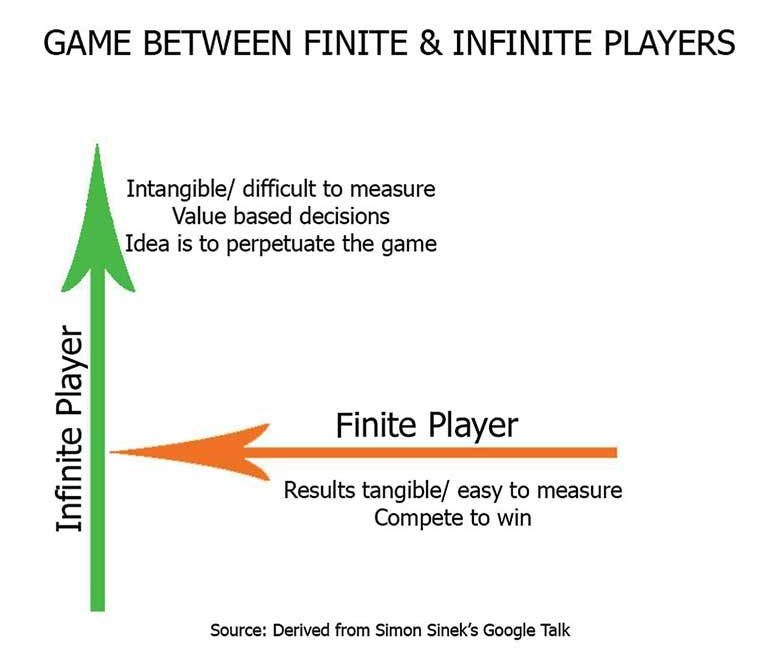When people ask me about my greatest achievement, I don’t hesitate to answer: my junior year of high school during the State Academic Decathlon competition where I beat my friend and became the highest scorer on my team.
The story people assume I’m about to say goes along this line: I was always behind my friend. After realizing that I was capable of being number 1 myself, I set a goal to become just that. I focused myself each day on becoming the best, no matter the cost. From there, I persevered and came out on top. A simple, perhaps cliche, competitive story. But it’s easy to see why it would be such a proud moment.
Yet, that’s not the story of why it was a proud moment for me.
It is true that I wanted to beat my friend. I spent months trying to figure out what I could do to improve my score to be the best. So much so that I sacrificed nearly every other aspect of my life.
But when our County competition came around, just when I thought I had put in all the work I needed, I was beaten by my friend once again. All without him even knowing we were competing. And I thought to myself, “I’ll always be number two.”
That’s where the cliche story ends. Failure, and me believing I was destined to fail.
However, an important change occurred then. My perceived inferiority forced me to give up competing against my friend. I just went to enjoy the competition as an opportunity to learn and support my team. It felt more thrilling, exciting, and much less pressured when my focus was just on doing the best I could.
And now we get to the key moment. When I beat my friend at State that year. Interestingly enough, the achievement didn’t affect me much. In fact, I felt no more satisfied with my work as I did before that moment, unlike the County competition.
The reason it was my greatest achievement was something I realized from it. I became curious as to why I wasn’t able to beat my friend when all my focus was put on him. But when I couldn’t have cared less how well I did relative to him and just had some fun, I not only beat him, but I became the highest scorer in the history of my country. How could not pursuing a goal allow me to go above and beyond when I had? My proudest achievement was learning first-hand the answer to this question.
Dual Games
There are two types of games in game theory: finite and infinite. This is something James Carse talks about in his book Finite and Infinite Games.

Finite games are simple. There are set rules. A time limit. And a clear way to choose a winner and loser. They exist only for the purpose of winning against others. And the rules serve as temporary agreement between players. The example Carse provides for this is a debate competition where there’s a certain time limit and the rules are kept to eventually decide a winner.
Infinite games are trickier. The rules are hand-wavy. That is, they actually change during the game itself. There is no end. So there is no winners or losers, just better or worse players at any given moment. And while there are certain boundaries within the infinite game, the point of the game is to keep playing. Carse asks us to analogously look at the infinite game like language. While there are rules language follows, they constantly change. And the whole point is for language to continue in use, not to “win” or “lose”.
There can be finite games within in an infinite game, sure. Small periods of time where someone can work to succeed on some metric. But such games are still bounded by their rules. Carse almost refers to them as a world of their own, removed from the greater surroundings. The court of a basketball game is its own setting compared to right outside its lines. Outside, there’s an infinite game waiting with no boundaries. To focus only on the finite games instead of just tangentially misses the larger setting.
Ok, why am I talking about game theory?
The Wrong Controller
Simon Sinek, a well-known author and consultant, talked about his experience attending a Microsoft Summit (keep in mind this was many years ago, so things likely have changed).
At the Microsoft summit, most of the time was directed at how they can beat their competition (Apple). And afterwards, Sinek received a brand new mp3 player dubbed the “Zune” (like I said, quite a while ago). The device was considered technical mastery in its hardware and software.
One day, Sinek got in a taxi where a top Apple executive was also on-board. And he cheekingly showed off the Zune saying that it was “so much better than the iPod”.
The Apple executive turned to him and replied, “I have no doubt.”

The world has you thinking that you’re playing a finite game. So we play like finite players. We constantly define metrics for our “success”. We spend days striving for whatever scoreboard we’ve defined at the end of a semester, quarter, or year. Once we get there, we’ve obviously won. We look at others to compare how we are doing. And that comparison can lead to both elation or guilt, which incites new action.
But you can also decide to play the infinite game. Because there are no rules. There is no end. No one can declare you a winner or loser except yourself. And it doesn’t matter what others are doing. Because you won’t be here to be better than everyone else today. You’ll play to be better than who you were yesterday. That’s the mindset of an infinite player. And it’s the mindset I’ve stumbled upon following my Academic Decathlon experience.
Finite games host finite playstyles. Infinite games host infinite playstyles. Obviously this is the case. Because it wouldn’t make sense for an infinite player to play a finite game. They wouldn’t be playing to win, and therefore won’t. However, it’s also important to note that the finite player cannot play an infinite game. They waste time, resources, and energy in the hopes to “win” even though there is no such thing. And because of that, they always stay behind, eventually dropping out.

Therefore, the finite player plays a reactive game. They’re looking for the next win and validation. An infinite player is playing a proactive game. An infinite player never burns out, because they’ve planned for the long haul. They’re only looking ahead at what’s possible, and to keep playing the game.
So it’s time to decide if you want to play in a closed finite game or an open infinite game. One can keep you hooked and frustrated on the highs and lows. The other lets you to see the bigger picture so you can do what you can for the ride. Just make sure you whatever you decide, you play properly.
